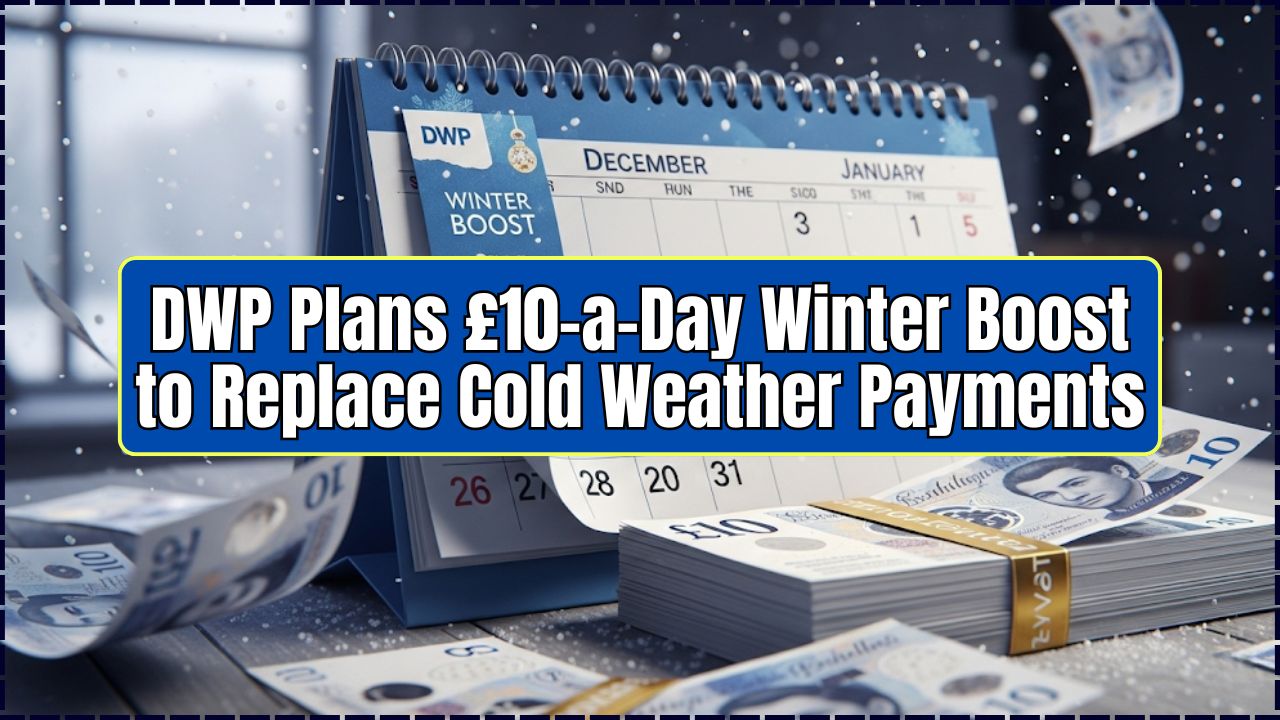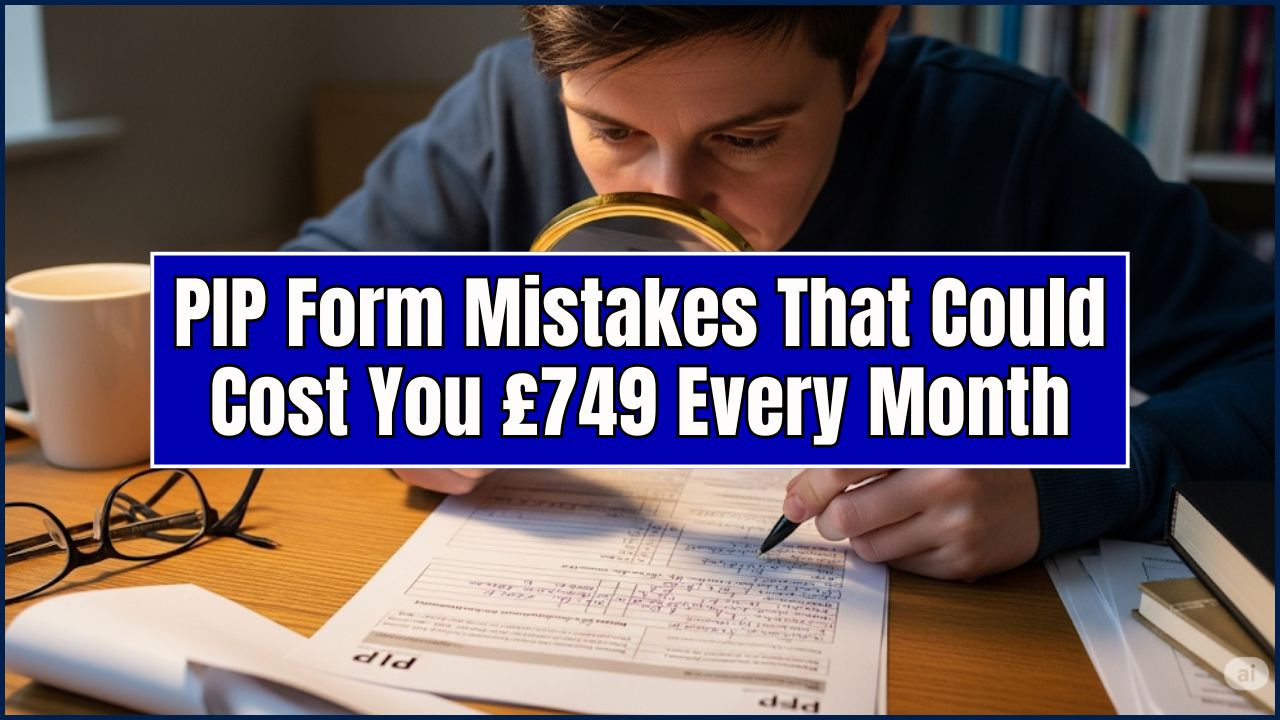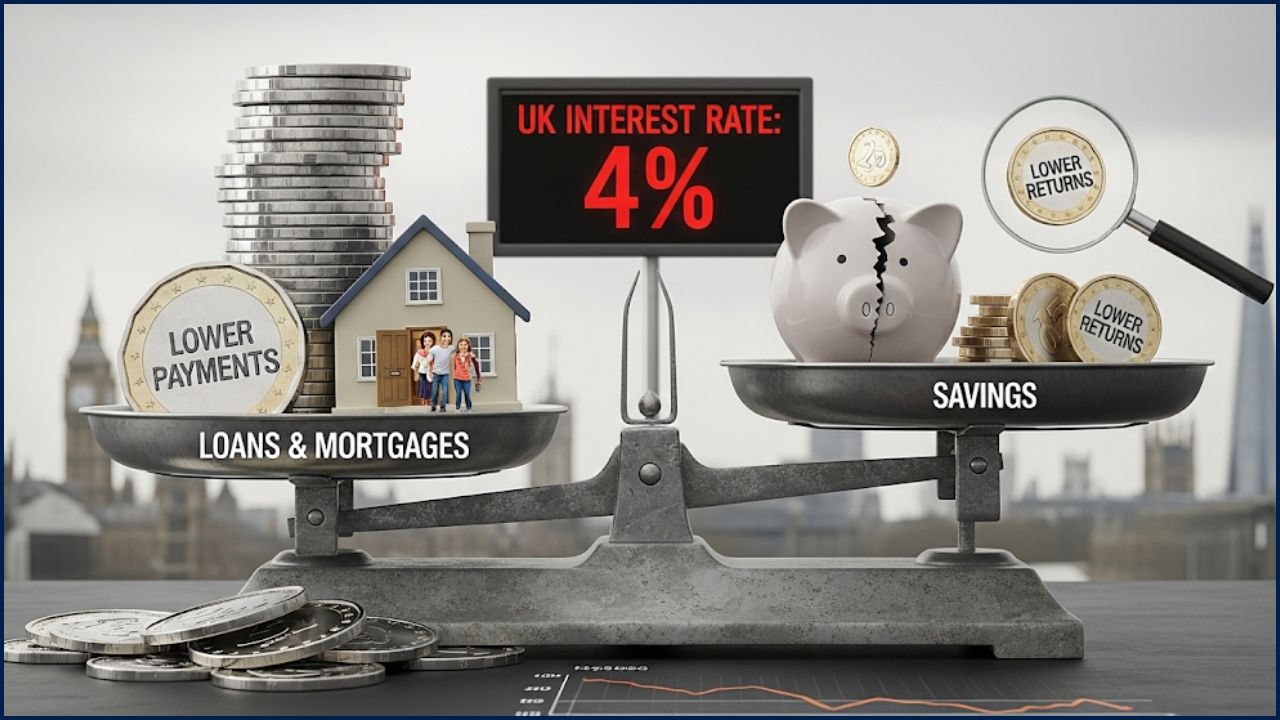If you’ve been watching the headlines or checking your bank app lately, you might’ve heard something big: UK interest rates may drop to 4%. Sounds like just another money headline, right? Not quite. Whether you’re stacking your savings, hunting for a new home, or trying to keep your loan payments low, this shift could seriously impact your wallet.
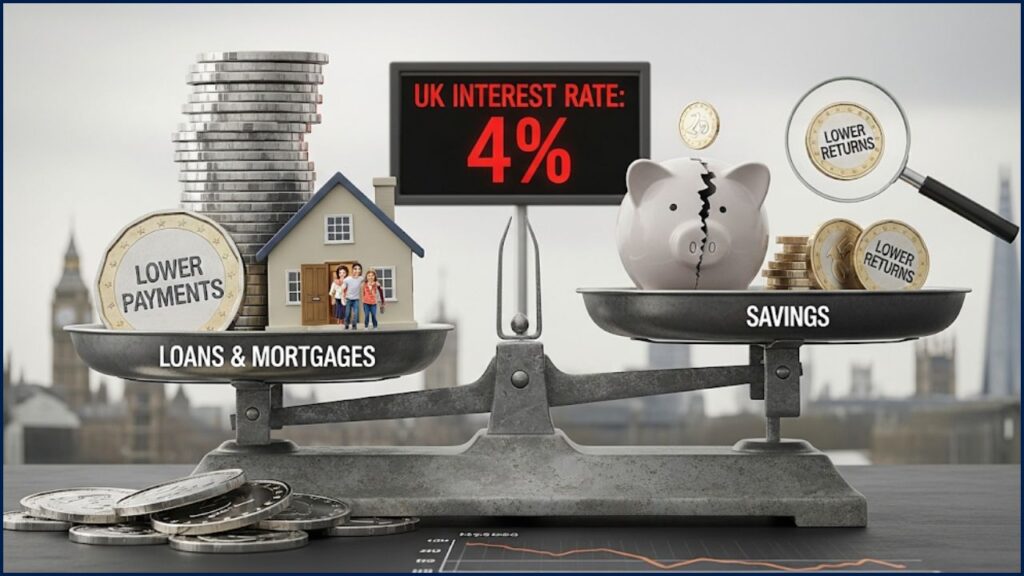
Let’s break it down like you’re chatting with your financially-savvy buddy over coffee. We’ll talk about what this rate drop means for your savings, loans, mortgages, and how you can get ahead of the curve—with real talk, simple examples, and some smart advice.
UK Interest Rates May Drop to 4%
| Topic | Details |
|---|---|
| Interest Rate Forecast | Bank of England expected to cut rates to 4% on August 7, 2025 (BoE official site) |
| Current Inflation Rate | 3.6% (still above the 2% target) |
| Impact on Savers | Likely lower returns on savings; shop around for high-yield or fixed-term accounts |
| Impact on Loans | Cheaper personal and business loans expected |
| Impact on Mortgages | Tracker & SVR rates likely to drop; fixed-rate deals already dipping below 4% |
| Unemployment | 4.7% – economic slowdown influencing BoE decisions |
| Remortgaging Tip | Consider refinancing if your deal ends soon; lenders like Halifax & Virgin Money are dropping rates |
The Bank of England’s expected rate drop to 4% could spell big changes for savers, borrowers, and homeowners across the UK. While your savings might take a slight hit, loans and mortgages are getting cheaper—offering a solid window to refinance, remortgage, or finally make that big purchase. Just remember: knowledge is power. Keep tabs on your rates, ask questions, and make moves that serve your financial future.
Whether you’re a homeowner, investor, or just trying to stretch your pounds further, now is the time to act smart and stay informed.
What Does a 4% Interest Rate Really Mean?
When folks talk about “interest rates,” they’re usually referring to the Bank of England base rate. That’s the rate banks use to set the cost of borrowing and the reward for saving. Think of it like the financial version of your thermostat—when it changes, everything else shifts too.
The base rate currently sits at 4.25%. But on August 7, 2025, experts are betting it’ll dip to 4%, with more cuts possibly coming through late 2025.
Why? Inflation’s been cooling off (now at 3.6%), unemployment is creeping up (4.7%), and businesses are tightening their belts. The Bank wants to give the economy a little juice—without making things worse.
How Will This Affect Your Savings?
Let’s not sugarcoat it: if you’ve got cash parked in a savings account, lower interest rates usually mean lower returns.
What’s Going Down:
- Easy-access savings accounts might offer less than before. If you were earning 4.2%, expect closer to 3.75% or less.
- Fixed-rate accounts may still offer decent returns, but newer deals could start to drop.
- ISAs (Individual Savings Accounts) will also reflect the trend.
What Can You Do?
- Shop around: Not all banks cut rates at the same speed. Digital banks and credit unions sometimes offer better deals.
- Lock in a rate: Consider a 1- or 2-year fixed-term account now if you see something juicy.
- Diversify: Don’t let all your money sit idle. Explore other low-risk investments like bonds or high-dividend ETFs.
Want to compare current savings rates? Head to the UK government’s MoneyHelper Savings Comparison Tool.
Cheaper Loans & Credit Ahead?
Yup, likely.
Personal Loans
Expect banks to drop APRs (Annual Percentage Rates) on personal loans. If you’ve been waiting to consolidate debt or fund a big purchase (like that new kitchen or car), you could save hundreds over the loan term.
Business Loans
Small businesses may see slightly better financing terms. Good news if you’re thinking of expanding, hiring, or launching that side hustle.
Credit Cards
Less predictable here. Rates on cards don’t always track the BoE rate, but if competition heats up, you might see more 0% balance transfer offers popping up.
Student Loans
Lower interest rates may also affect some types of student loans and repayment thresholds. Keep an eye on updates from Student Finance England.
The Real Scoop on Mortgages
Mortgage talk can get real messy. So here’s the skinny:
Tracker Mortgages
These are tied directly to the base rate. If BoE drops rates by 0.25%, your mortgage rate usually drops the same amount. That means lower monthly payments.
Example: On a £200,000 mortgage over 25 years, a 0.25% rate cut saves you around £29/month.
Standard Variable Rate (SVR) Mortgages
These are at your lender’s discretion. They might pass on the cut—but don’t count on it. Always double-check with your provider.
Fixed-Rate Mortgages
If you’re locked in, nothing changes until your deal ends. But if your term is up in the next 6 months, now is a great time to start shopping.
New fixed-rate deals are already being offered below 4%, with some lenders like Halifax, TSB, and Virgin Money rolling out 3.75% to 3.95% deals.
Use a mortgage calculator from MoneySavingExpert to compare the latest offers.
First-Time Buyers
Lower rates mean better affordability—but house prices could rise again if more people jump in. Don’t rush. Get pre-approved, know your budget, and work with a solid mortgage broker.
Economic Context: Why Now?
The BoE is walking a tightrope. Inflation has slowed, but it’s not yet at the sweet spot (2%). The job market is softening, and business growth is sluggish.
- Inflation: 3.6% in July 2025
- Unemployment: 4.7%, highest since early 2023
- Services PMI: Down for second straight month, signaling contraction in the UK’s biggest economic sector
The rate cut is a move to stimulate lending, spending, and hiring—without letting inflation reignite.
What Global Markets Are Saying
Interest rate shifts in the UK don’t happen in isolation. The US Federal Reserve, the European Central Bank (ECB), and other central banks are also recalibrating. In fact, similar rate decisions are being made around the globe in response to inflationary cycles, making this a key moment for international investors and currency traders.
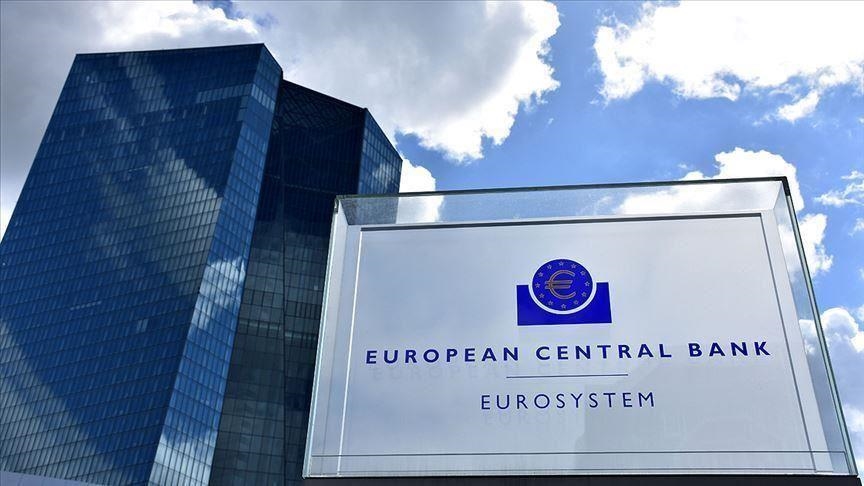
- GBP/USD and GBP/EUR exchange rates may fluctuate with UK rate cuts, affecting travel and import/export businesses.
- UK stocks, particularly in real estate and banking, may react positively to lower borrowing costs.
- Investors in UK bonds might see lower yields, prompting asset shifts.
Step-by-Step: What You Should Do Now
1. Review Your Savings
- Compare your account rate with national averages.
- Lock in higher fixed-rate deals if available.
2. Evaluate Loans
- Check your current loan rates.
- If you’re paying above 7-8% APR, shop around.
3. Assess Your Mortgage
- Know your current rate and when your deal ends.
- Use a comparison tool to scout for better offers.
4. Check Credit Health
- Make sure your credit score is solid. Use Experian UK or ClearScore.
5. Talk to an Advisor
- It’s worth chatting with a mortgage broker or financial planner to get tailored advice.
6. Monitor Global Trends
- Track global central bank decisions to understand how foreign exchange rates and investments might respond.
FAQs
Will mortgage rates keep falling in 2025?
Possibly. Analysts expect another cut by November 2025. But fixed deals often rise before BoE raises rates again, so act smart.
Should I switch my mortgage now?
If your fixed term ends in 3-6 months, yes—start shopping now.
Is it still a good time to save money?
Absolutely. But be choosy with where you park your money.
Are all loans going to get cheaper?
Most personal and car loans will drop, but credit card APRs might not. Always compare before applying.
How will this affect the stock market?
Generally, lower interest rates boost stock prices, especially in property, utilities, and financial sectors. But always do your own research or speak to an advisor.

